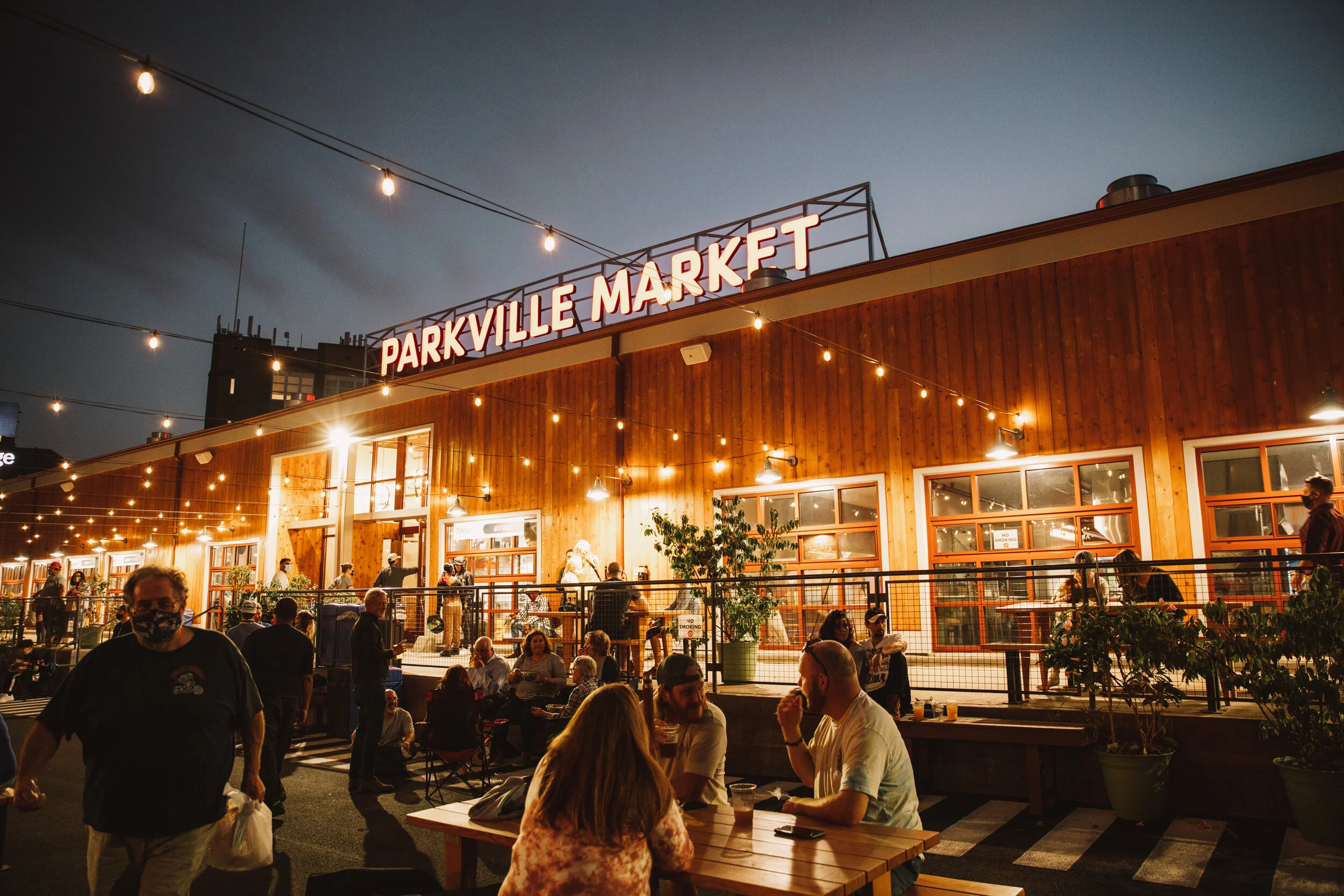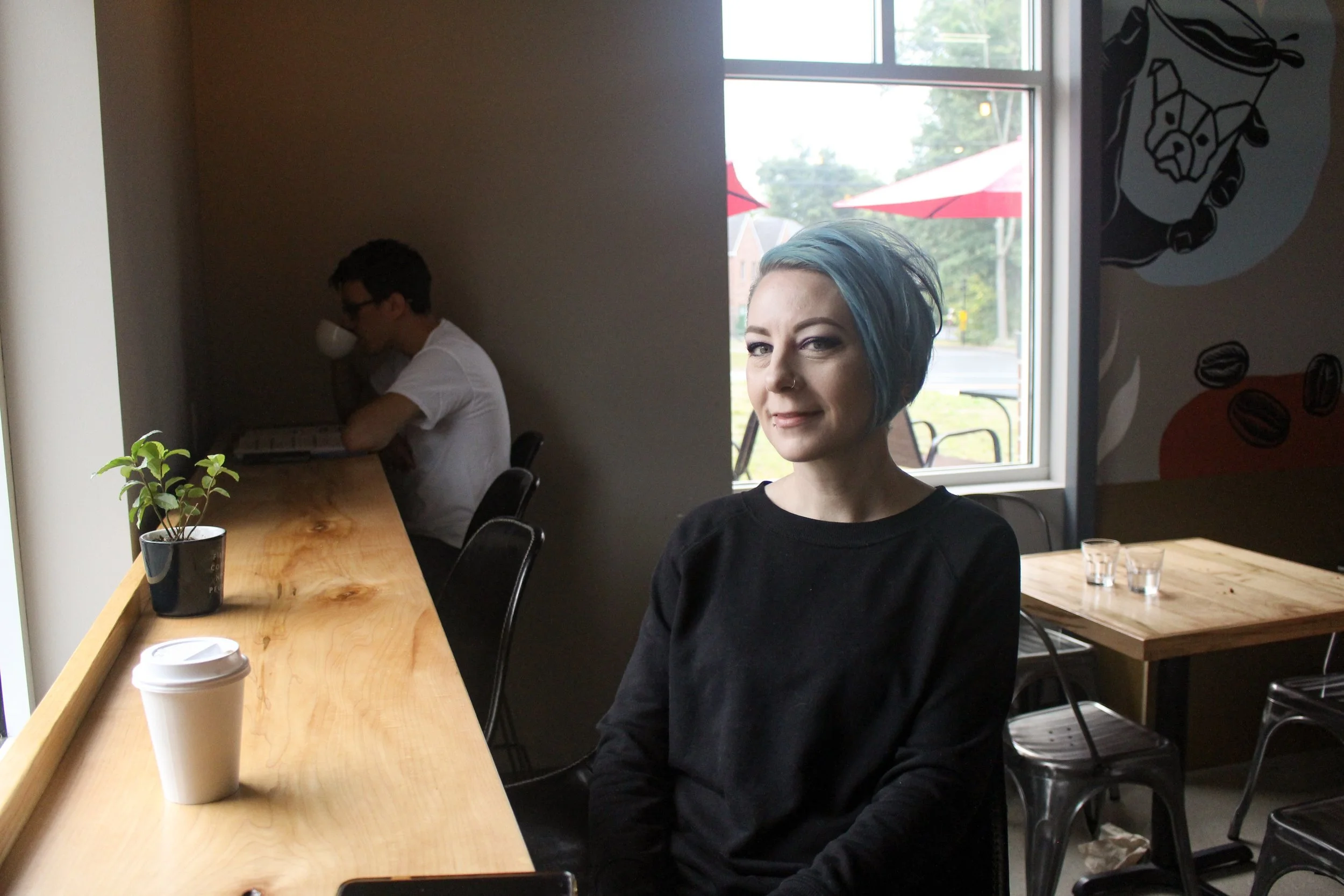Rollback to Phase 2.1 in Connecticut: How Will This Impact The Hospitality Industry?
Courtesy of AP
Governor Ned Lamont announced Monday evening that Connecticut will be rolling back to a phase 2.1 on Friday November 6 at 12:01a.m. The executive order which has yet to be signed, will require all bars and restaurants to close by 9:30 p.m and to scale back from a maximum 75% indoor capacity to 50%.
Courtesy of ct.gov
The Connecticut Restaurant Association said in an email sent after the rollback was announced, that their main goal following this news is to adjust the curfew restrictions to allow restaurants to operate later than 9:30 p.m. and “provide them the same level of aid that these other states are offering restaurants in need.”
Courtesy of ct.gov
Lamont’s announcement comes after a recent rollback went into effect for the New Haven area over Halloween weekend. During the press conference Lamont explained that they tried to isolate the area after noticing a sudden uptick in cases, but ultimately determined that a statewide rollback was necessary. Massachusetts is doing something similar after fifteen communities saw a rapid increase of COVID positive cases.
“Overwhelmingly, our restaurants have been really good about following protocols knowing that they had to earn your confidence before you went in there,” said Lamont. In an interview with Scott Dolch, Executive Director of the CRA talks about Lamont’s acknowledgement of the efforts the food and beverage industry has made and why he thinks that can help in gaining approval for a curfew change.
“We have looked at every guideline and tried to rework and say, ok we understand this, but this is how our industry actually works. Please work with us to make these subtle changes that aren’t going to affect public health, but will affect the economic impact,” said Dolch.
Photo by Amanda Kenny
In addition to the challenges posed by the sudden rollback, restaurants were already struggling with the Department of Economic and Community Development about outdoor dining structure regulations. In a recent Facebook post, chef Tyler Anderson of Millwrights in Simsbury expressed his frustration with Commissioner David Lehman’s decision to make greenhouses and igloos used for outdoor dining “illegal.”
Courtesy of Facebook
After talking with Lehman, Anderson was able to get approval for his greenhouses, but Lehman has not yet made changes to allow them for all restaurants. “With outdoor dining, we think that is really safe and we want to work with these restaurants and we’ll do that this week to figure out ways to let them use and utilize what they’ve invested in. But really, ventilation is critical in reducing the spread and that’s where we are focused,” said Lehman during the rollback announcement.
With multiple European countries going into full lock-down or tightening regulations, it begs the question, what will be the fate stateside in the coming weeks?
According to Lamont, we have been a couple weeks behind the COVID-19 infection rate trends in Europe, so this rollback was a preventative measure for Connecticut. “We have kept people safe, indoor and outdoor since the beginning of this pandemic, said Dolch
Lamont hopes this plan will ultimately decrease the economic impact across the state, but Dolch worries it could be fatal for an industry that has already faced many challenges and more than 600 closures as a result of the pandemic and reopening guidelines.










